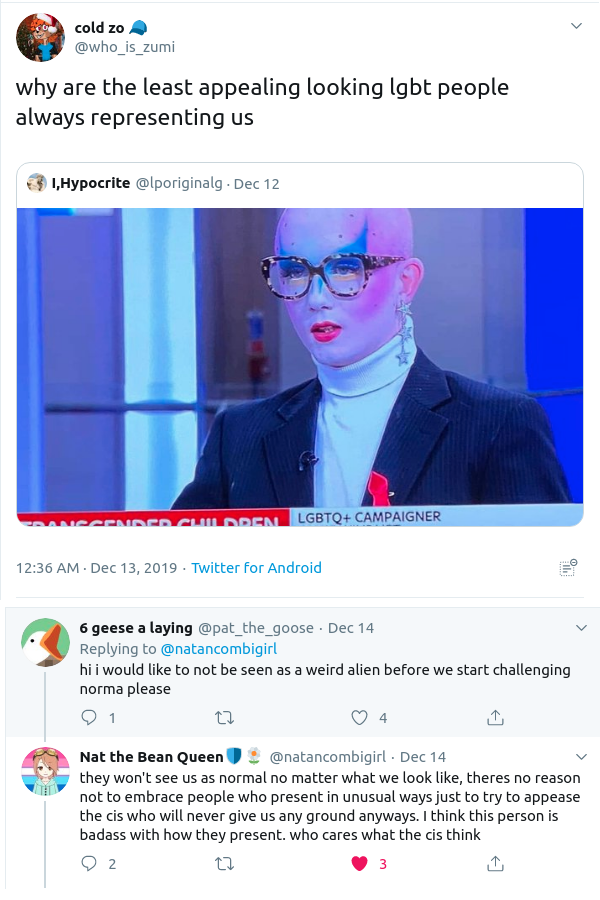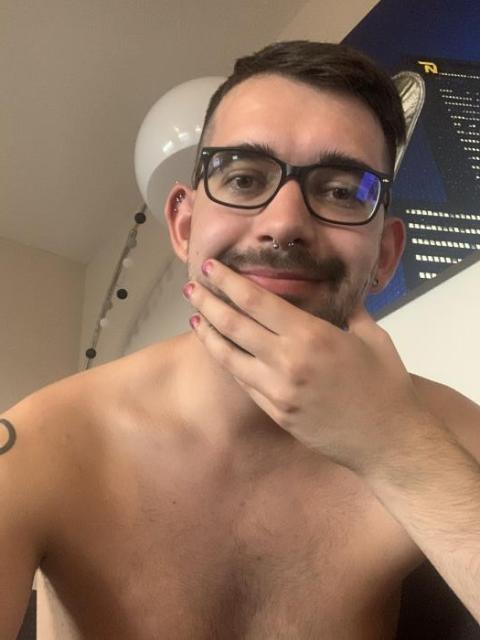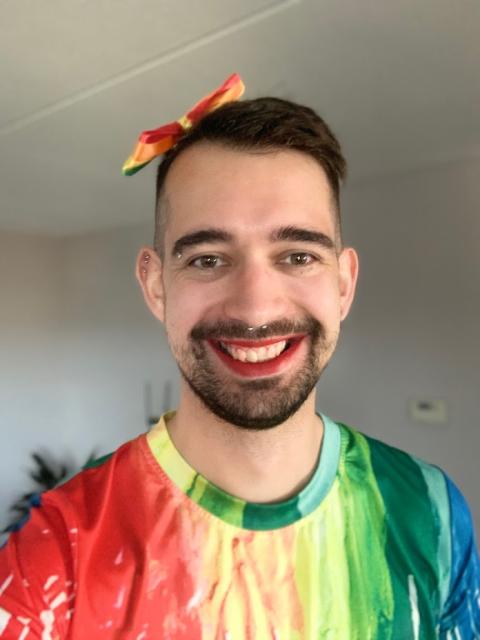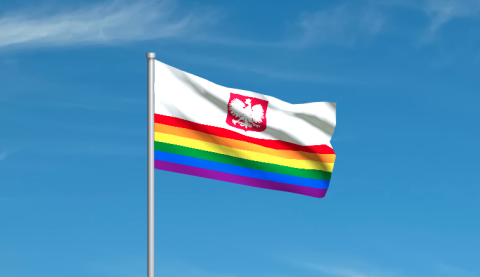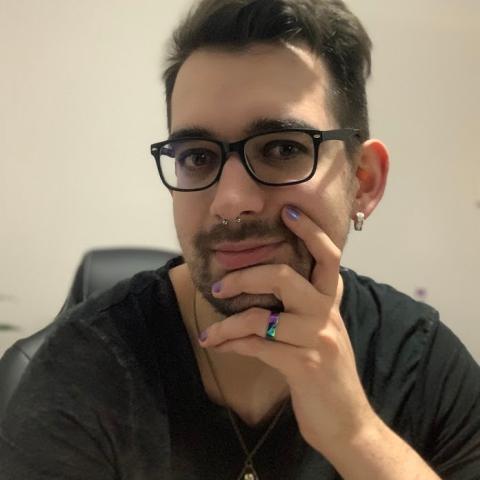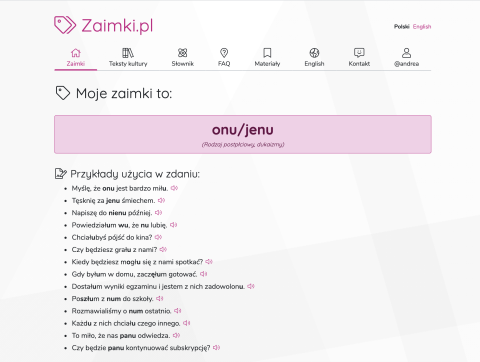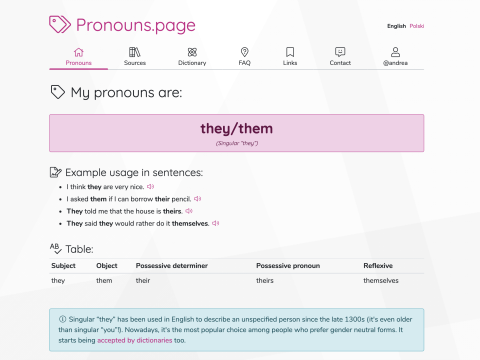It’s sad, being a member of a minoritised community and seeing some of its members turn against the others. Like in case of that twitter discussion on whether or not “weird looking” people and drag queens should be allowed to represent us, or even mention publicly that they are queer, for fear of giving us a bad reputation.
I used to be that asshole who answers “no” to this question.
I used to be that gay guy who thought that those “effeminate” of us shouldn’t really talk loud about their homosexuality – cause they would only strengthen the stereotypes and make the lives of “us, normal gays” harder to live.
I used to be that gay guy who enjoyed drag queen shows and who liked his queen friends personally, but who advocated against them being in drag when they represent the whole LGBTQ+ movement to the rest of the world. I didn’t want the world to think that all of us are like this.
It was so wrong of me.
Because our strength comes from diversity. Because our fight doesn’t make sense if we only fight to be safe, and not for the ability to be ourselves. Because our fight doesn’t make sense if we don’t fight for all of us.
I wasn’t just restricting others – most of all, I was restricting myself. I’m a nonbinary person, but I’ve spent a huge chunk of my life pretending to be a man, instead of living a fabulous life free of gender norms. All just to make some bigots more comfortable with my existence. Well, fuck them.
If you want to make the oppressed shape themselves in a way that the oppressor wants them to, you’re playing by their rules, and you’ve already lost. You’re working towards a “compromise” between bigotry and being oneself, between hatred and happiness – a compromise that makes everyone unhappy.
You’re valid just the way you are.
If you’re really worrying so much about the image of the community, show the world an image of queer people coming together hand in hand, as “strange” as they might be, united in diversity – and not fighting each other who’s the right amount of gay.
 Avris
Avris
 Avris
Avris

